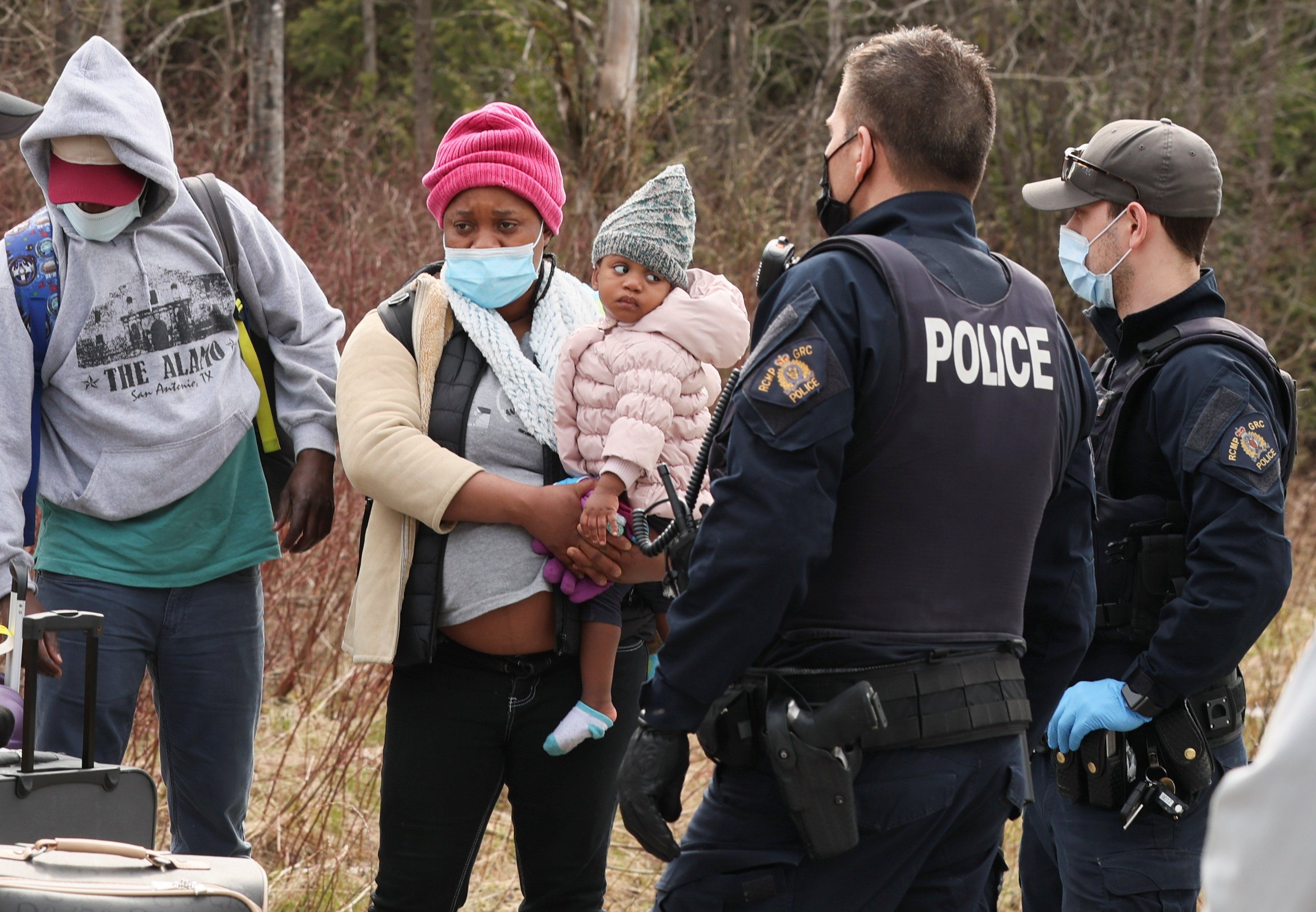The Supreme Court of Canada has ruled that the Safe Third Country Agreement, which governs refugee migration between Canada and the United States, is constitutional. Refugee groups had said the US was not a “safe” country and that returning refugees who fled north violated the Canadian Charter’s Section 7 guarantee of “life, liberty, and personal security.” The court said otherwise.
The decision follows the March deal struck between Canada and the US to close the irregular border crossings not covered by the 2002 agreement. Refugee migration experts warned the amendment would make life more dangerous for refugees, and eight migrants died soon after while trying to cross the St. Lawrence River to reach the US from Canada. Data from the US Customs and Border Protection before and after the March deal show an initial downturn in migrant encounters after the deal but an increase in May. Canadian data is pending, but Ottawa has acknowledged that the amendment will be tough to enforce and that the use of clandestine irregular routes could raise the risks of human trafficking and sexual violence while putting children and elderly migrants at greater risk.
In the court’s decision, Justice Nicholas Kasirer wrote that legislative “safety valves” guard against “real and not speculative risks of refoulement from the United States.” The court also noted that while some of the concerns cited by advocates were legitimate, such as poor holding conditions, migrants had access to “curative measures” like resident permits and humanitarian and compassionate exemptions.
So the STCA passed one hurdle … but the court also sent the case back down to the Federal court for review on the grounds of a possible Section 15 violation of the Charter. Section 15 covers equality under the law and protects from “discrimination based on race, national or ethnic origin, color, religion, sex, age or mental or physical disability.” Advocates argue migrant rights are being violated based on sex and religion, with the US providing inadequate protections and accommodations for either.
While some want the STCA scrapped, both Washington and Ottawa prefer to keep it in place. Both Joe Biden and Justin Trudeau are facing elections in 2024 and 2025 in which immigration will be center stage. Biden needs to limit the porousness of the northern border, and Trudeau needs to reduce irregular migration via Quebec, a province with huge political sway.
Whether the new STCA deal holds, however, is up to the courts, where round two on its constitutionality is about to get underway.